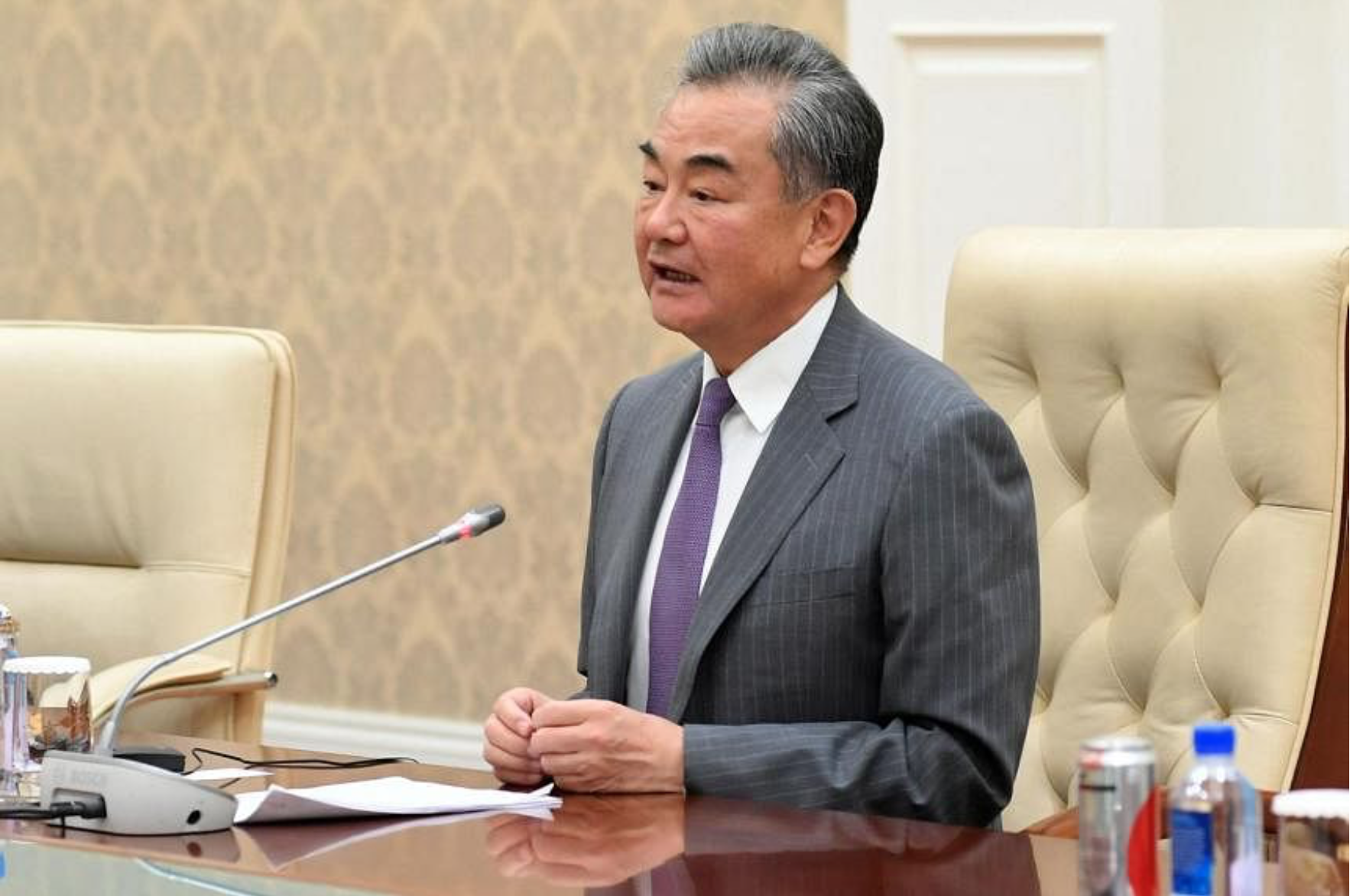Beijing cancels loans to 17 African nations in an attempt to bolster Sino-African ties
During a FOCAC meeting on August 18, Beijing announced that it will cancel loans to 17 African countries and redirect 10 billion USD of its IMF reserves to nations on the African continent. This can be seen as an attempt to bolster Sino-African ties in order to gain political influence. However, it also assuages an acute problem of increasing debt for low-income countries in the wake of the covid-19 pandemic.
Chinese Foreign Minister Wang Yi at the FOCAC meeting on August 18 2022
FOCAC meeting
On August 18, in a meeting with the Forum on China-Africa Cooperation (FOCAC), Chinese Foreign Minister Wang Yi announced cancellations of loans to 17 African countries. Specifically, Beijing will forgive 23 interest-free loans to 17 African countries that matured at the end of 2021. No details were given as to the value, nor which nations owed the money.
Moreover, Wang Yi announced that China will redirect 10 billion USD of its International Monetary Fund (IMF) reserves to nations on the African continent.
Finally, this year, China has agreed to tariff-free entry to 98% of exports from 12 African countries and has provided emergency food assistance to Djibouti, Ethiopia, Somalia and Eritrea.
These announcements come on top of a number of steps already taken from the Chinese leadership. Since the 8th FOCAC meeting in November 2021, Beijing has delivered 3 billion USD out of 10 billion USD of credit facilities pledged to African financial institutions. Moreover, since 2000, Beijing has announced multiple rounds of debt forgiveness of interest-free loans to African countries, cancelling at least 3.4 billion USD of debt through 2019, according to a report by SAIS.
In fact, China is the largest government creditor to emerging economies. According to the World Bank, Beijing accounts for almost 40% of the bilateral and private-creditor debt that the world's poorest countries need to service this year.
China’s motive
What is China’s motive for debt cancellation? Overall, the debt cancellation can serve to ameliorate Sino-African ties. While there are both economic and security interests at play guiding the Chinese engagement in Africa, the potential implication for political influence is particularly noteworthy. In a world where the one-China principle and China’s sovereignty claims are being contested (as seen in the current crisis over Taiwan), the support from the 54 African countries is valuable and can be used as political influence in relevant fora.
Said Chinese foreign minister Wang: "What Africa wishes for is a favourable and amicable cooperation environment, not the zero-sum Cold War mentality".
Moreover Wang said: “In the face of the various kinds of bullying and hegemonic acts, China and Africa have stood shoulder to shoulder in safeguarding international fairness and justice. China appreciates the firm commitment of African countries to the one-China principle and their support for China's efforts to safeguard sovereignty, security and territorial integrity”.
This speaks to how the vision of South-South cooperation and the African countries’ support of the one-China principle is significant for the Chinese leadership.
Concludingly
The debt cancellation can be seen as an attempt to bolster Sino-African ties in order to gain political influence. Still, we must not forget that China’s debt cancellation assuages an acute problem of increasing debt for low-income countries in the wake of the covid-19 pandemic.

